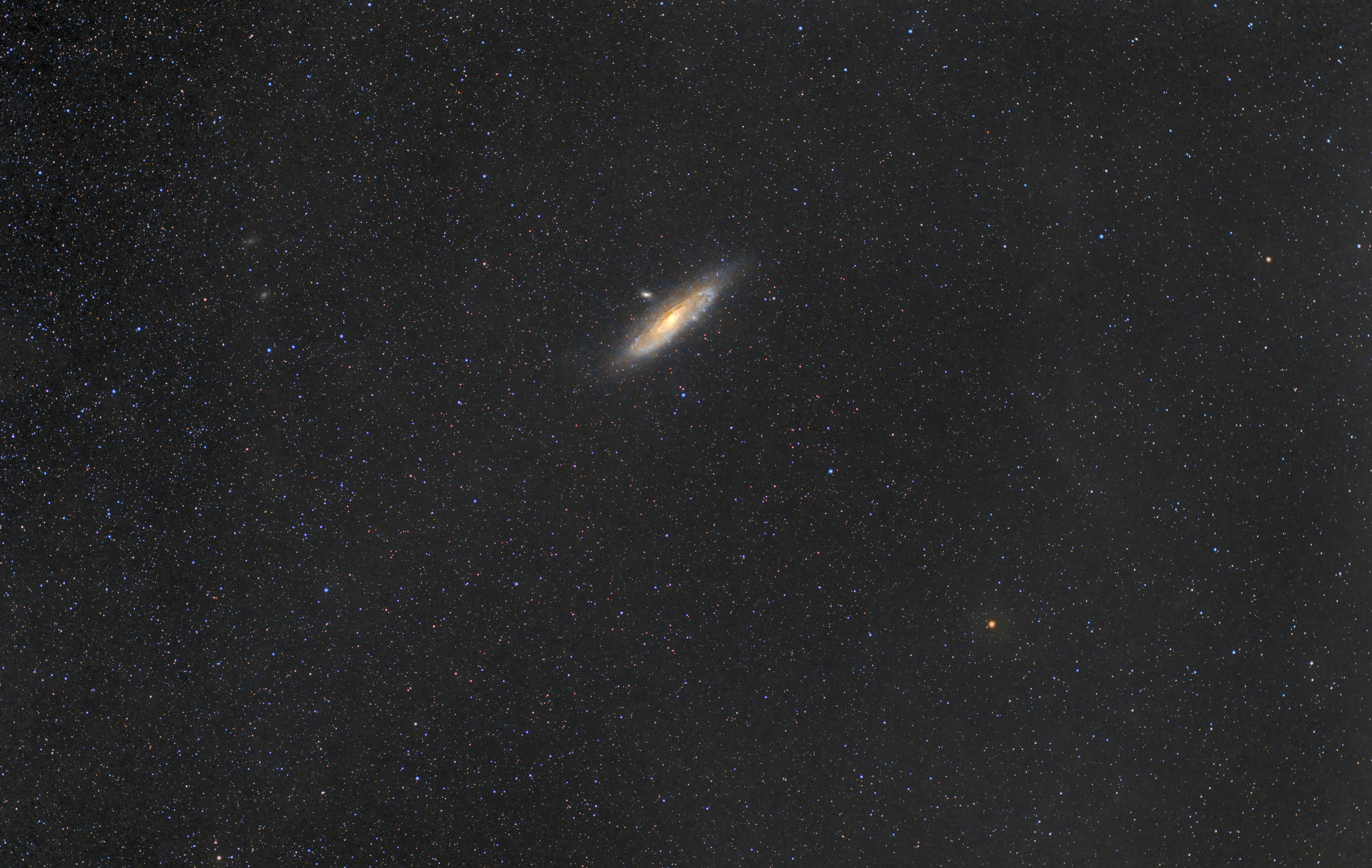In the realm of cinematic storytelling, few films have ventured as boldly into the complex interplay between human emotion and scientific exploration as Christopher Nolan‘s Interstellar. Released in 2014, this visually stunning and intellectually stimulating epic transcends traditional science fiction by intertwining its narrative with profound questions about the human condition. At its core, Interstellar is not just a journey through space and time; it is an exploration of the very essence of humanity—our capacity for love, sacrifice, and survival amidst the vast, unyielding cosmos. Through meticulously crafted scientific concepts and emotionally charged character arcs, the film invites audiences to reflect on what it means to be human in an age where the boundaries of our universe are continually expanding. This article delves into how Interstellar uses the lens of science to illuminate the complexities of human nature, challenging viewers to consider the fundamental motivations that drive us, both as individuals and as a species.
Exploring Human Resilience and Survival Instincts through Space Travel
In the cinematic journey of Interstellar, the profound narrative is interwoven with the exploration of the human spirit’s tenacity and adaptability in the face of the unknown. At its core, the film delves into the complex interplay between scientific discovery and the innate human drive to survive and thrive against all odds. The characters are thrust into an interstellar odyssey that challenges their physical limits and psychological resilience, pushing them to confront their deepest fears and the limits of human endurance. Human resilience in the film is portrayed through the willingness to take monumental risks for the sake of humanity’s future, reflecting the essence of our survival instincts.
- The pursuit of knowledge drives the crew beyond their earthly boundaries, embodying the quintessential human trait of curiosity.
- Adaptability is showcased as they face unpredictable cosmic phenomena, emphasizing the need for flexibility in survival strategies.
- The theme of sacrifice highlights the moral and ethical dimensions of survival, questioning what one is willing to give up for the greater good.
Through its intricate narrative, Interstellar not only portrays the challenges of space travel but also mirrors our innate capacity to persevere. The film uses the vastness of space as a backdrop to magnify the indomitable human spirit, illustrating that even in the face of existential threats, our resolve to survive and adapt remains unshaken. This exploration of resilience and survival instincts serves as a testament to the enduring quest of humanity to transcend its limitations and reach for the stars.

The Role of Love and Sacrifice in Interstellars Narrative
In the rich tapestry of Interstellar, love and sacrifice are interwoven with the film’s exploration of scientific boundaries, creating a narrative that delves deeply into the essence of the human condition. The characters are driven by profound emotional bonds, which are portrayed as both a source of strength and a catalyst for sacrifice. Cooper’s journey through the cosmos is not just a quest for survival but a testament to the power of love, as his unwavering commitment to his daughter, Murph, propels him to traverse the unknown. This exploration of love challenges the cold calculations of science, suggesting that human emotion is an integral part of our understanding of the universe.
- Love as a Motivator: The narrative showcases how love transcends time and space, becoming a guiding force that influences key decisions and actions.
- Sacrifice for the Greater Good: Characters are frequently faced with choices that require them to put personal desires aside for the benefit of humanity, highlighting the noble aspect of selflessness.
- Interplay of Emotion and Logic: The film juxtaposes scientific rationale with emotional depth, questioning whether logic alone can drive human progress.
By intertwining these themes, Interstellar not only explores the vastness of space but also the profound depths of human emotion, inviting viewers to reflect on what truly drives us forward.

Scientific Realism and Its Influence on Character Development
In the realm of scientific realism, Christopher Nolan’s “Interstellar” intricately weaves a narrative that is not only grounded in scientific principles but also deeply explores the nuances of human character. The film’s commitment to authenticity, particularly in its portrayal of black holes and time dilation, serves as a backdrop against which the complexities of human emotions and moral dilemmas are vividly painted. This realistic depiction of science allows for a profound exploration of themes such as love, sacrifice, and the survival instinct, pushing characters to evolve in response to the challenges they face.
- Cooper’s Journey: The protagonist’s transformation from a pragmatic pilot to a selfless father highlights the tension between personal desires and the greater good.
- Dr. Brand’s Convictions: Her unwavering belief in the power of love as a dimension beyond time and space challenges the cold logic of scientific reasoning.
- Mann’s Betrayal: His actions reveal the darker side of human nature, questioning the ethical boundaries when survival is at stake.
By embedding these character arcs within a scientifically plausible universe, ”Interstellar” not only captivates with its visual and intellectual appeal but also prompts viewers to reflect on the human condition. The film serves as a reminder that while science can guide us through the cosmos, it is the intricacies of human emotion and decision-making that truly define our journey.

Interstellars Philosophical Inquiry into Time and Mortality
In the cinematic odyssey that is Interstellar, the narrative embarks on a profound exploration of time and mortality, intertwining them with the human quest for survival and meaning. The film employs the vast, enigmatic canvas of space to delve into these philosophical themes, inviting viewers to ponder the very essence of human existence. Time, in the universe of Interstellar, is not merely a linear progression but a complex dimension that warps and bends, challenging the characters’ perceptions and decisions.
- Relativity of Time: The concept of time dilation, as experienced on the water planet, underscores the emotional and existential weight of time. For every hour spent on the planet, seven years pass on Earth, highlighting the fragility and fleeting nature of human life.
- Mortality and Legacy: The film poses poignant questions about what it means to leave a legacy. Cooper’s journey is not just a mission to save humanity but also a deeply personal voyage to reconcile his role as a father with the vast, indifferent cosmos.
Through its scientific inquiries and narrative depth, Interstellar challenges us to reflect on our mortality and the enduring human spirit’s quest to transcend time’s constraints. It positions science as both a tool and a philosophical lens through which we can explore our deepest fears and aspirations.
